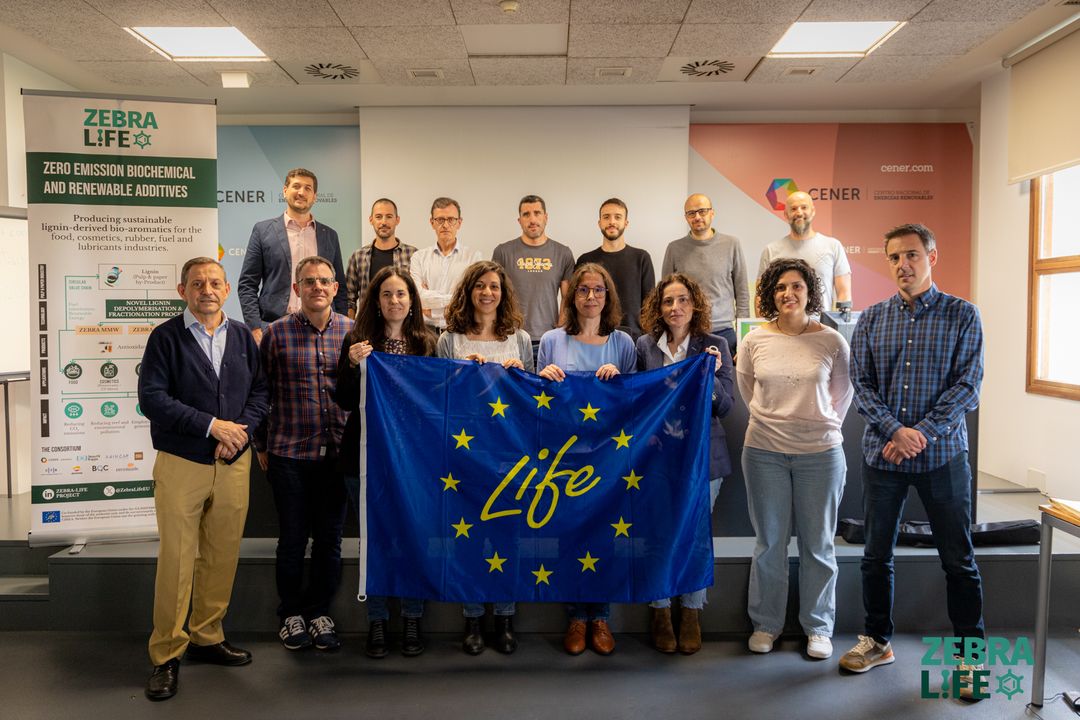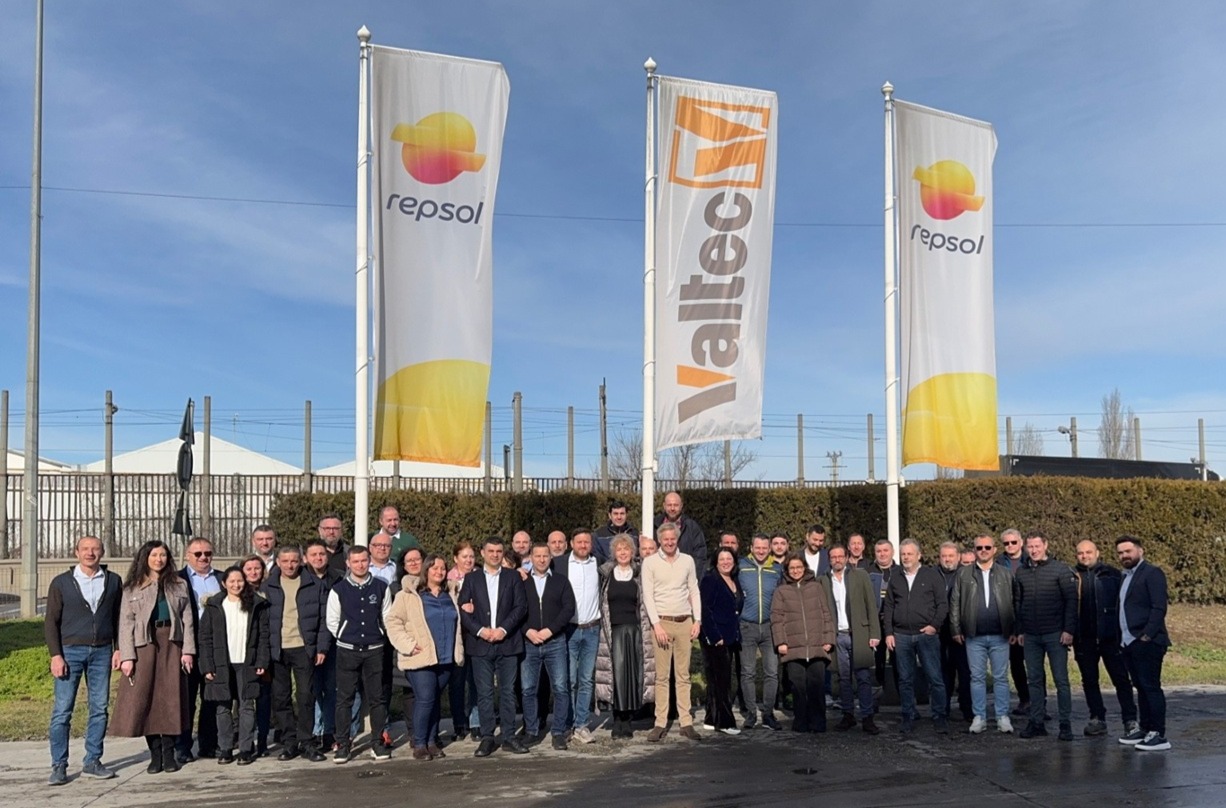ZEBRA LIFE: how to transform waste into renewable antioxidant additives

A consortium of European companies, Repsol among them, is hard at work on ZEBRA LIFE, an initiative receiving funding from the European Union's LIFE program. The goal is to develop an antioxidant additive based on lignin, an abundant byproduct of the pulp and paper industry and other processes in which wood is a raw material, and ultimately create a new circular value chain. The project, launched at the end of 2022, is slated to last four years.
Lignin, a natural polymer found inside wood, is generated in large quantities during paper production. Though it is predominantly used to generate energy, ZEBRA LIFE seeks to harness its antioxidant properties to create an additive that can replace crude oil-based synthetics.
Repsol is participating in this project by studying the additive's application in fuels and lubricants. Other partners in the consortium are researching its use in the rubber industry, where it could improve product durability, and in the cosmetics industry, where it has potential as a filter for UV rays. Another partner, specialized in electrochemistry, is working on an in-line system to monitor the additive's antioxidant capacity throughout the production process and in end user products.
Up to now, the project has focused on additive production in the lab at Spain's National Renewable Energy Center (CENER). The project's next phase involves the launch of a pilot plant to scale up production and perform more exhaustive tests with different applications. This increase in additive production will be crucial to overcoming the current limitations in sample availability and furthering development.
The ZEBRA LIFE project is yet another example of how innovation and collaboration among different sectors can contribute to the circular economy. Transforming waste materials into high value-added products will not only reduce the environmental impact of the paper industry: it offers a more sustainable alternative for a wide variety of sectors.
Related content




